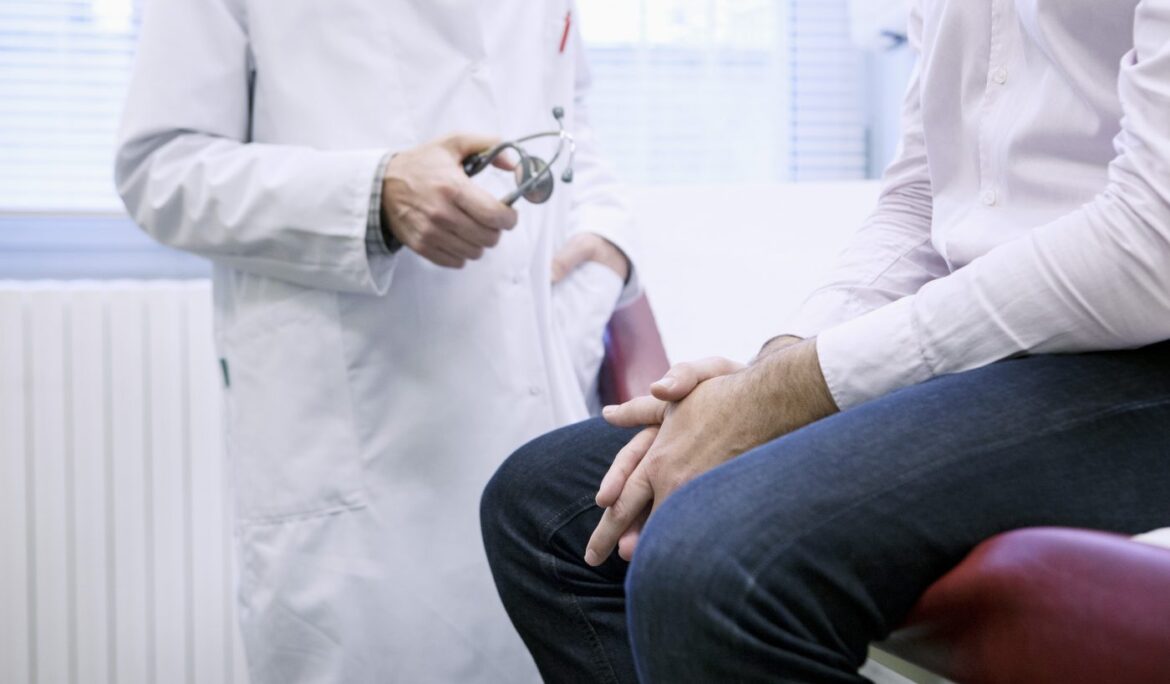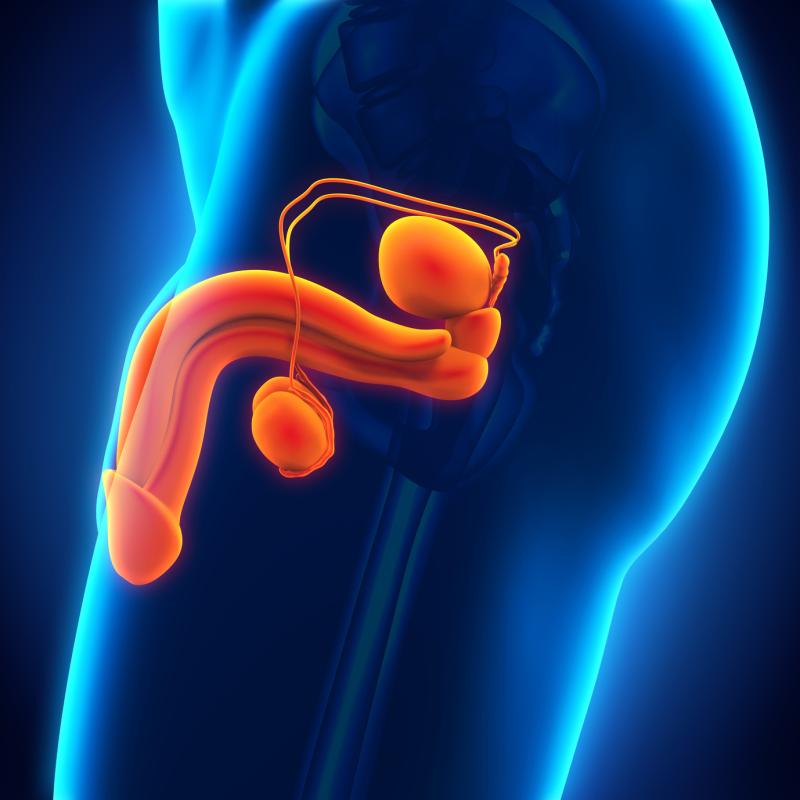What is Prostate Cancer Treatment?
Treatment is carried out by methods such as surgery, radiotherapy, hormone therapy or chemotherapy. Prostate cancer treatmentIt is determined depending on the stage of cancer, the age and health status of the patient. Surgical intervention aims to remove the tumor. Radiotherapy uses high-energy rays to destroy cancer cells. Hormone therapy aims to prevent the growth of cancer cells. Chemotherapy, on the other hand, uses drugs to kill cancer cells.
How is Prostate Cancer Treated?
 In some low-risk cases, the cancer may progress slowly and treatment may not be necessary. In this case, doctors often monitor the patient regularly to monitor the condition. Prostate cancer treatment One of the frequently used methods is surgery. In a surgical procedure called prostatectomy, the prostate gland and sometimes surrounding tissues are removed. Laparoscopic or robotic surgical techniques may also be used.
In some low-risk cases, the cancer may progress slowly and treatment may not be necessary. In this case, doctors often monitor the patient regularly to monitor the condition. Prostate cancer treatment One of the frequently used methods is surgery. In a surgical procedure called prostatectomy, the prostate gland and sometimes surrounding tissues are removed. Laparoscopic or robotic surgical techniques may also be used.
In the radiotherapy method, high energy rays are used. This is a treatment method that aims to destroy cancer cells. Radiotherapy can be applied as external radiation therapy or internal radiotherapy (brachytherapy). Hormone therapy is a treatment method used to prevent the growth of cancer cells. This treatment works by reducing the production or effect of hormones.
Chemotherapy is used when cancer has spread to other organs or does not respond to other treatments. Chemotherapy helps kill cancer cells or slow their growth. Immunotherapy is a treatment method that involves the use of drugs that stimulate the immune system to fight cancer. The treatment plan is usually determined by a multidisciplinary team (oncologists, surgeons, radiation oncologists, etc.) working together. The most appropriate treatment options for each patient are evaluated by doctors. The decision is made together with the patient. Before starting treatment, the patient and his family should obtain information about the possible side effects and consequences of the treatment. with their doctors prostate cancer treatment There must be open communication.
In what cases is prostate cancer treated?
Cancer can be classified as local, advanced or metastatic. Treatment options vary depending on how far the cancer has spread. In early-stage cancer, local treatments (such as surgery or radiotherapy) are often recommended. In advanced cases, systemic treatments (chemotherapy, hormone therapy, immunotherapy, etc.) may be more common. A person's general health condition prostate cancer treatment affects your options. Some treatments may be riskier if a person has other health problems. Therefore, a person's health condition is an important factor in determining the treatment plan. It is important to make informed decisions about treatment options. Some people prefer local treatments such as surgery or radiation.
Others may prefer systemic treatments (chemotherapy, hormone therapy). The treatment plan should suit a person's preferences and lifestyle. Some types of prostate cancer tend to grow slower and may not be aggressive. In this case, doctors say “wait and see” may suggest their approach. However, if the cancer is spreading quickly or is aggressive, a quicker treatment plan may be needed. Prostate cancer treatment The plan is determined by a multidisciplinary team (oncologists, surgeons, radiation specialists, etc.) working together. This team evaluates the patient's individual situation and recommends the most appropriate treatment options.
Things to Consider After Prostate Cancer Treatment
 Prostate cancer treatment It is important to follow-up and check-ups recommended by your doctor afterwards. This is necessary to monitor the risk of cancer recurrence and to monitor your health. Adhering to a balanced and healthy diet supports your body's healing process. It is important to ensure adequate intake of fruits, vegetables, whole grains and protein.
Prostate cancer treatment It is important to follow-up and check-ups recommended by your doctor afterwards. This is necessary to monitor the risk of cancer recurrence and to monitor your health. Adhering to a balanced and healthy diet supports your body's healing process. It is important to ensure adequate intake of fruits, vegetables, whole grains and protein.
Additionally, avoiding fatty and processed foods can improve your overall health. Physical activity is important for both your physical and mental health. Doing regular exercises such as walking, swimming, cycling can strengthen your body. It can improve your overall well-being. Smoking and excessive alcohol consumption may increase the risk. It may negatively affect the healing process.
Therefore, it is important to avoid or limit smoking and alcohol consumption. Stress can negatively affect the healing process by weakening the body's immune system. You can use techniques such as meditation, breathing exercises and yoga to reduce stress. If you have medications prescribed by your doctor, it is important to use them regularly. Communicate with your doctor about side effects or interactions with your medications. Prostate cancer treatment may affect sexual functions.
Therefore, it is important to have open communication with your doctor about sexual health issues. After treatment, you can benefit from sexual health-related rehabilitation programs and support groups. It may be necessary to attend support groups to cope with cancer. This helps you share your experiences with other patients and get emotional support. These suggestions are important to support your post-treatment recovery process. However, remember that every patient is different. Therefore, it is important that you comply with the recommendations on what you should pay attention to after treatment.






